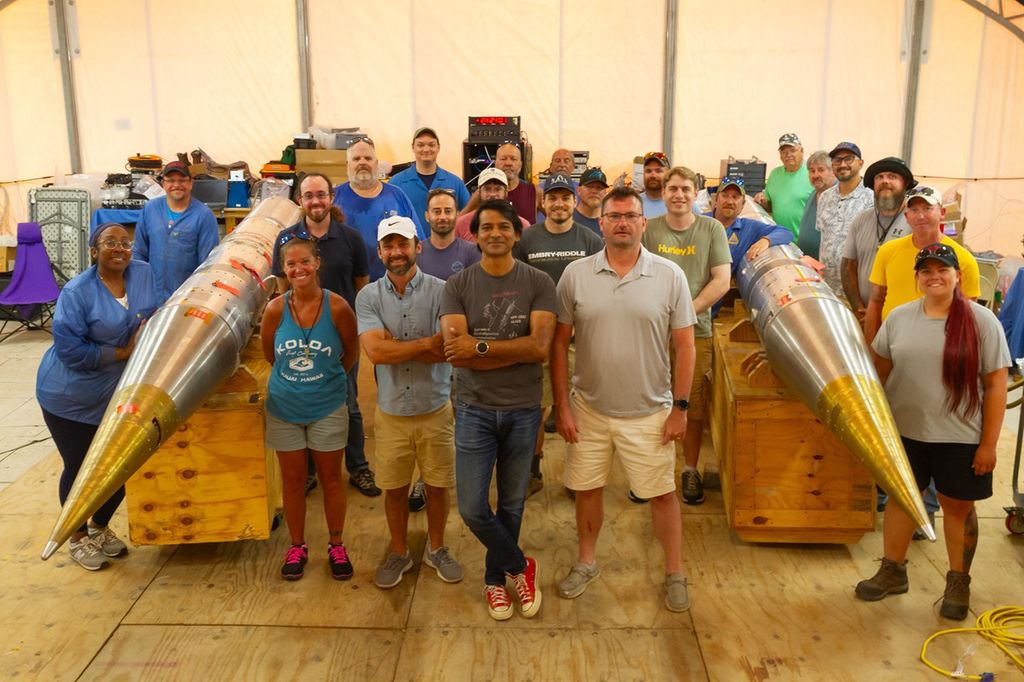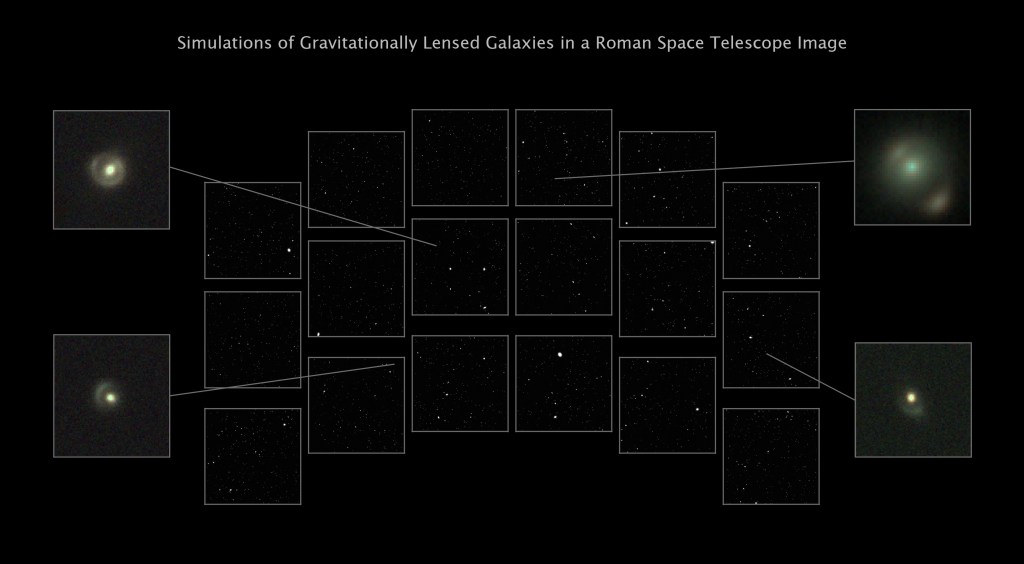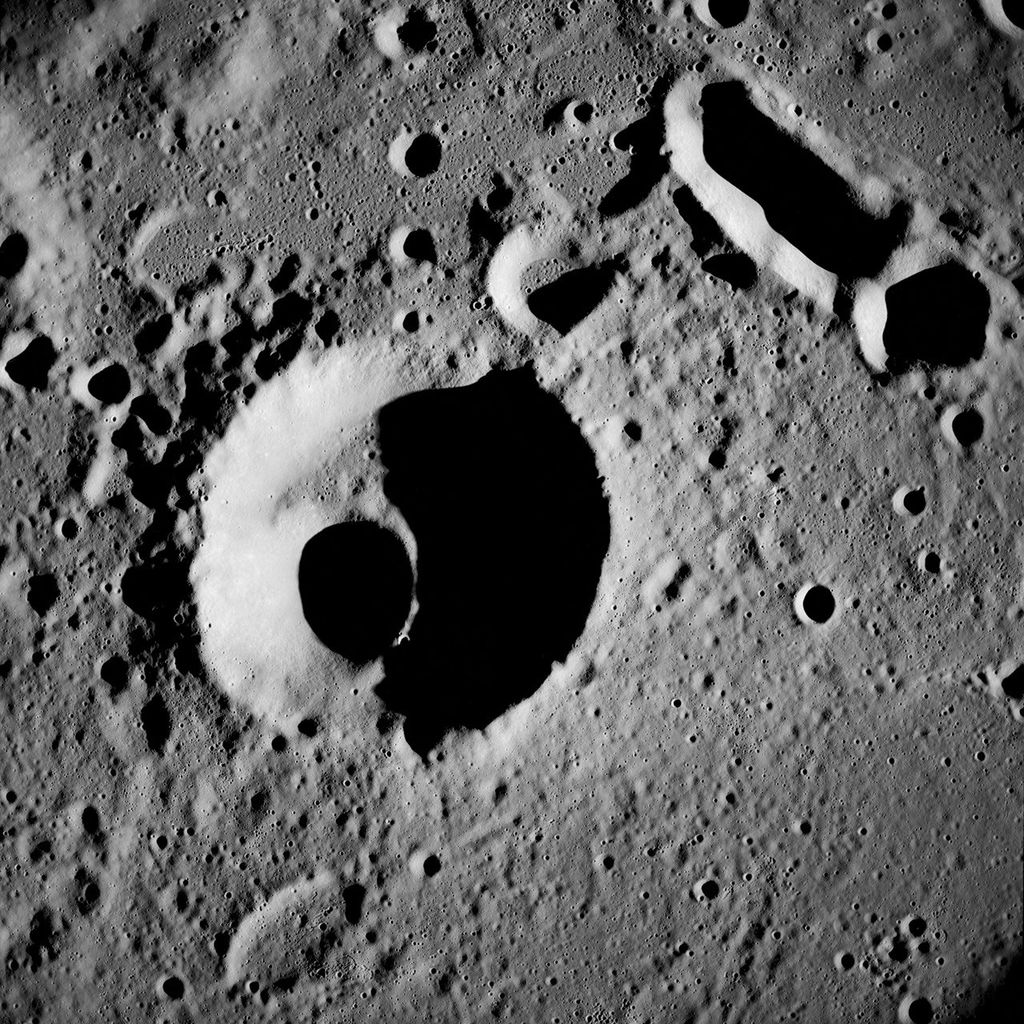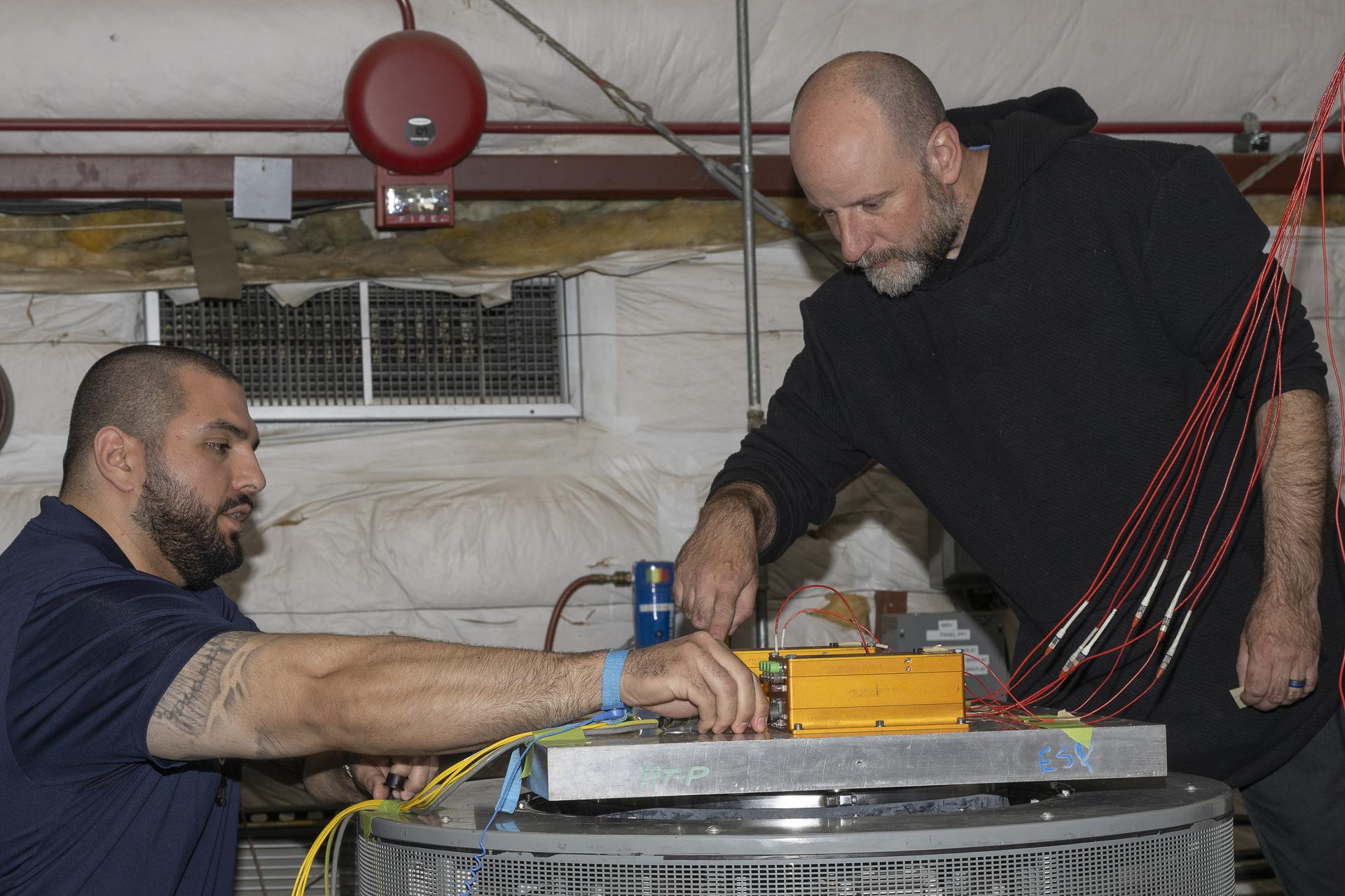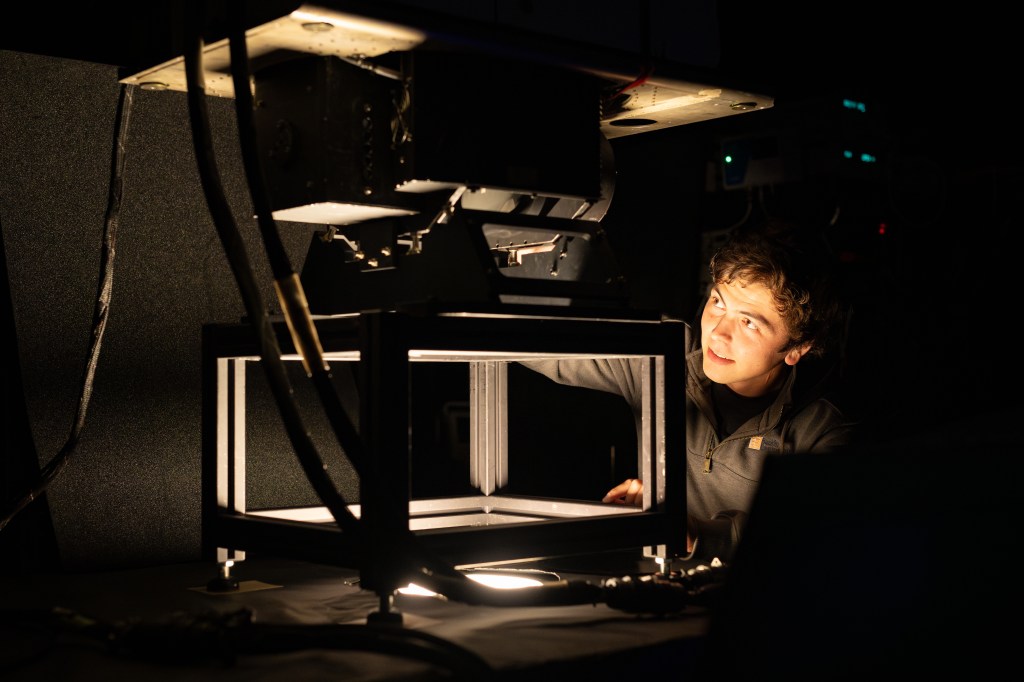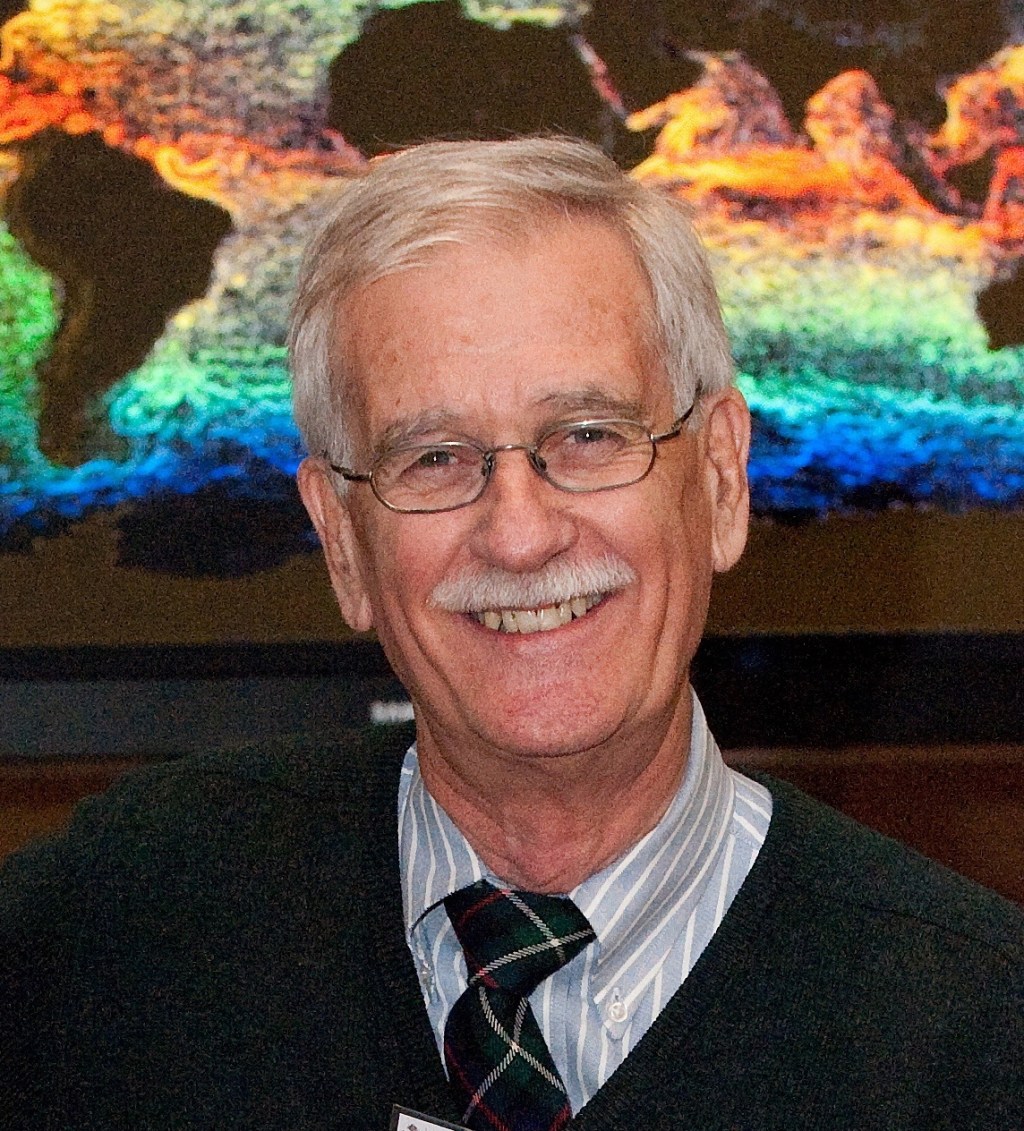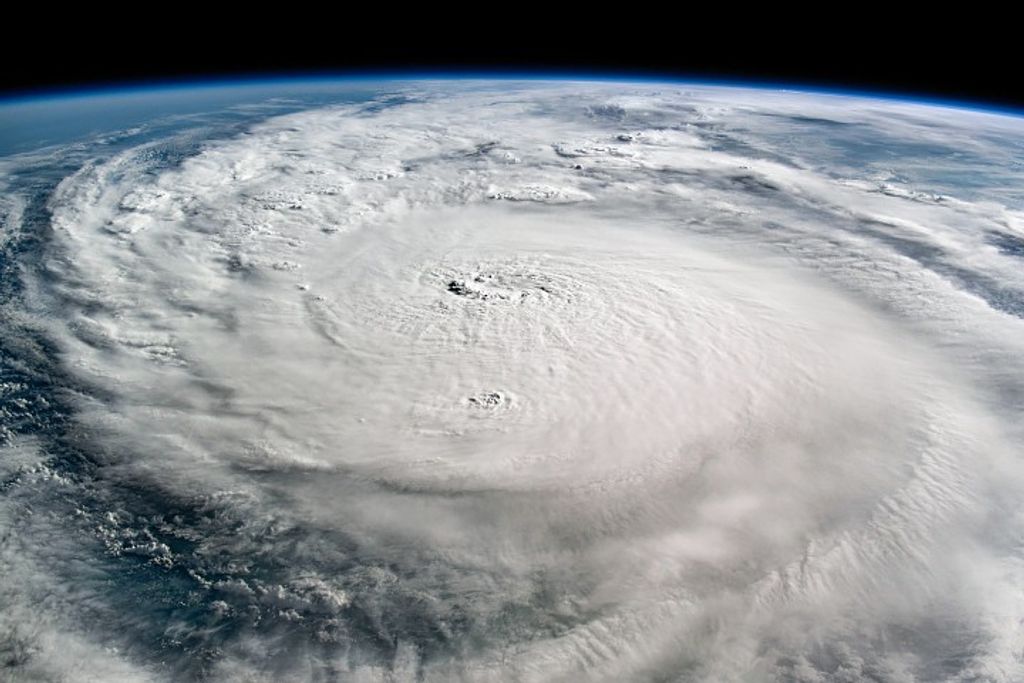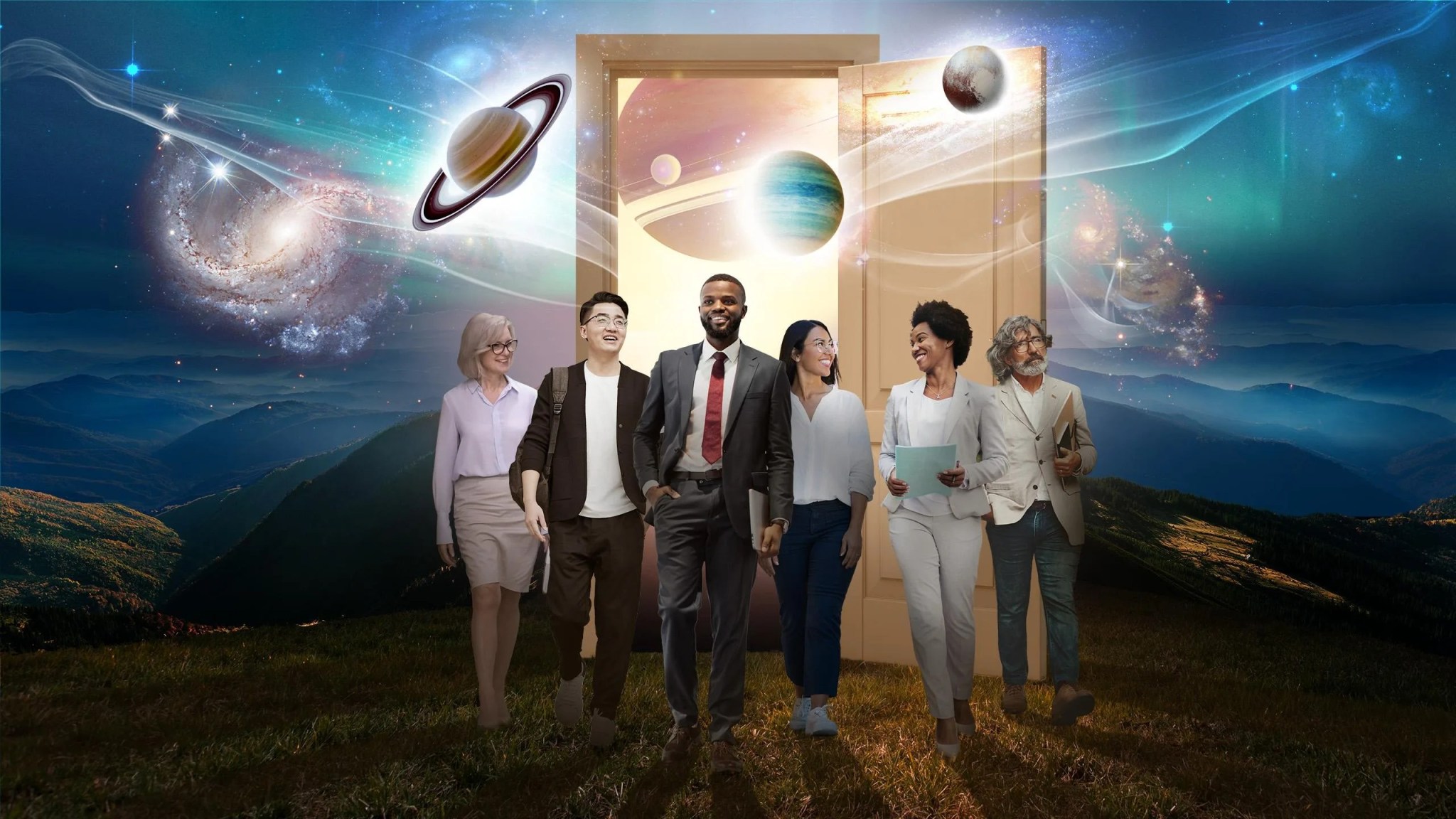Filters
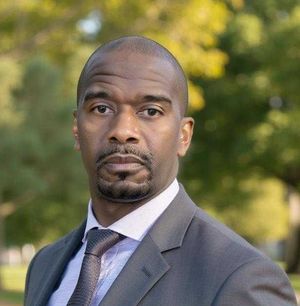
Andrew Mitchell is a seasoned program manager and technical leader in scientific data systems and computing services. As the deputy…

Rebekah Dawson-Rigas is a Program Scientist in the Planetary Science Division (PSD) at NASA Headquarters. She serves as Program Officer…

Dr. Louise Prockter is the Planetary Science Division Director (Science Mission Directorate) at NASA Headquarters in Washington DC. Dr. Prockter…

As the Director for the Mars Sample Return Program at NASA, Donya Douglas-Bradshaw is a visionary leader, renowned for her…

Dr. Pablo Saz Parkinson is the Program Scientist for the XMM-Newton mission, as well as Deputy Program Scientist for the…

Q&A with Ray Wheeler Retired senior scientist and plant physiologist Ray Wheeler has played a vital role in advancing plant…

A conversation with quantum scientist, Jason Williams… Why does NASA study quantum science? “We’re trying to answer some of the…

Diana C. Ly is the Deputy Division Director for NASA’s Biological and Physical Sciences (BPS) Division of the Science Mission…

Kevin Murphy is the Chief Science Data Officer for NASA’s Science Mission Directorate (SMD). In this role, he works across…

< Back to Program Officers List Aaron Burton is a Program Scientist in the Planetary Science Division at NASA Headquarters.…

Dr. Hudgins was born and raised in Wyandotte, MI, a suburb of Detroit. His interest in space and Astronomy was…

Microdevices Engineer, NASA Jet Propulsion Laboratory, California Institute of Technology

Spectroscopy & Polarimetry Product Lead/Systems, RST Coronagraph Instrument (CGI), NASA Goddard Space Flight Center

Education Current Position Top image: A near infrared image of the Carina Nebula, also called the Cosmic Cliffs, taken with…
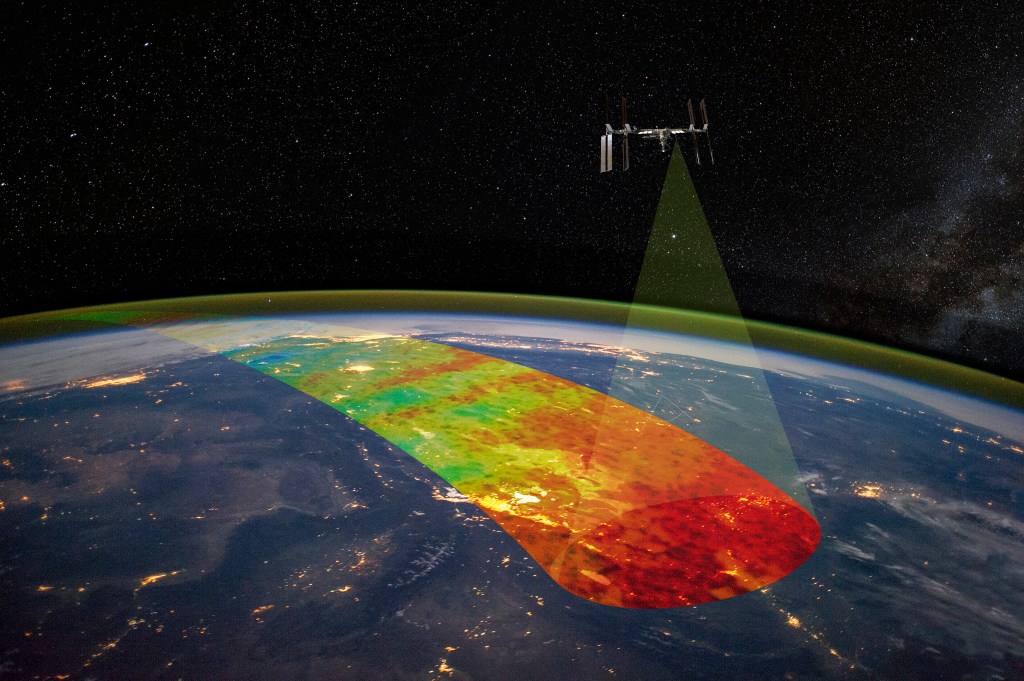
Dr. Yaítza Luna-Cruz is an atmospheric physicist with over 12 years of experience in research, development, operations, and technical/programmatic management.

Curtis D. Williams is a Program Scientist in the Planetary Science Division at NASA Headquarters. He leads the Emerging Worlds…

Carol Polanskey is a principal science systems engineer at NASA’s Jet Propulsion Laboratory (JPL).

Dr. Eric Smith is the Associate Director for Research in the Science Mission Directorate’s Astrophysics Division at NASA Headquarters. He…

Daniel Andrews is the project manager for NASA’s planned Volatiles Investigating Polar Exploration Rover (VIPER) as Ames Research Center in…

Michelle Belleville’s career plan was all about stars. But not the kind you’re thinking of. “I wanted to be a…

Diane began her NASA career as a shadow student at NASA Glenn Research Center in 1983, as part of a…

Gladys Kober’s love for astronomy blossomed during her childhood in Birigui, Brazil. Her interest in space began at 4 or…

Dr. Travis Blake serves is the Program Officer for Space Traffic Coordination within NASA’s Science Mission Directorate (SMD). Prior to…

Mr. Eric Ianson is currently the Deputy Director of the Planetary Science Division of the Science Mission Directorate at NASA…

Joe Smith is the Associate Director for Flight at NASA Headquarters Science Mission Directorate, Astrophysics Division, responsible for overseeing the…

Research Associate - Northern Arizona University Center for Science Teaching and Learning

Senior Project Manager / Informal Science Educator - Arizona State University Center for Innovation in Informal STEM Learning

Chief Scientist - Advanced Research in Inclusion and STEAM Accessibility (ARISA) Lab

Senior Learning Designer - Arizona State University's Center for Education Through Exploration

Education & Outreach Assistant - Cooperative Institute for Research in Environmental Science Education & Outreach / University of Colorado

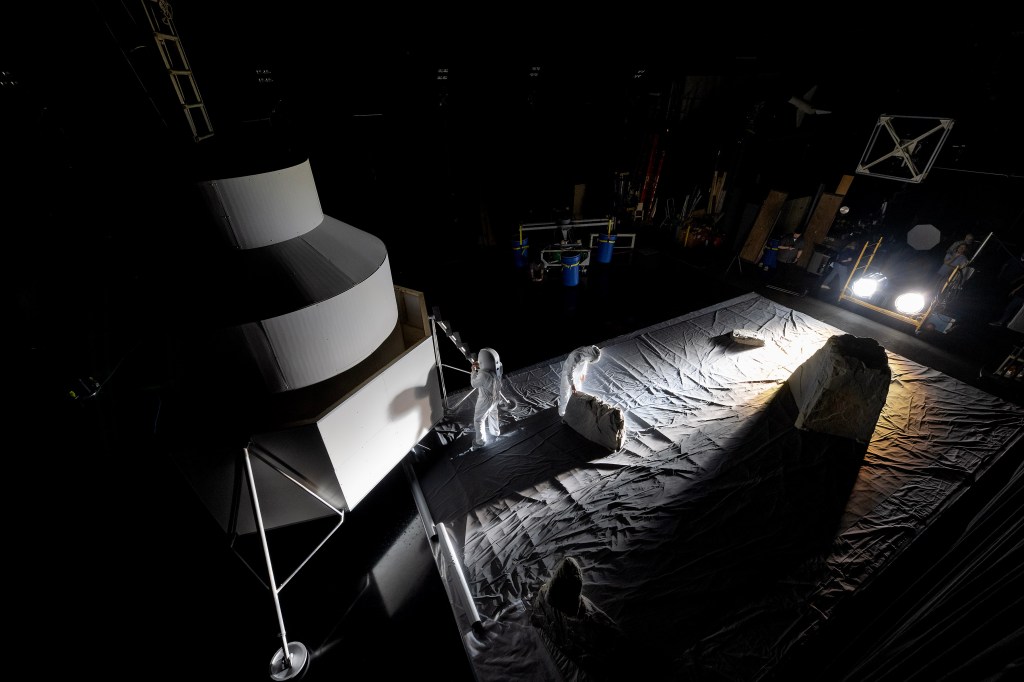
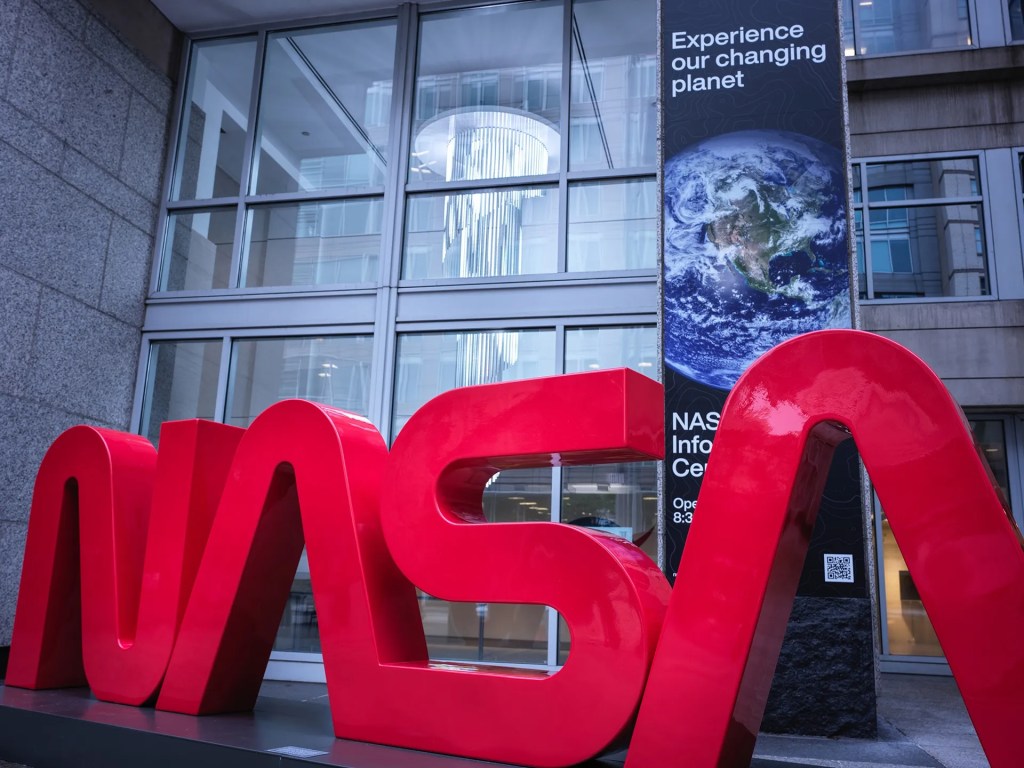
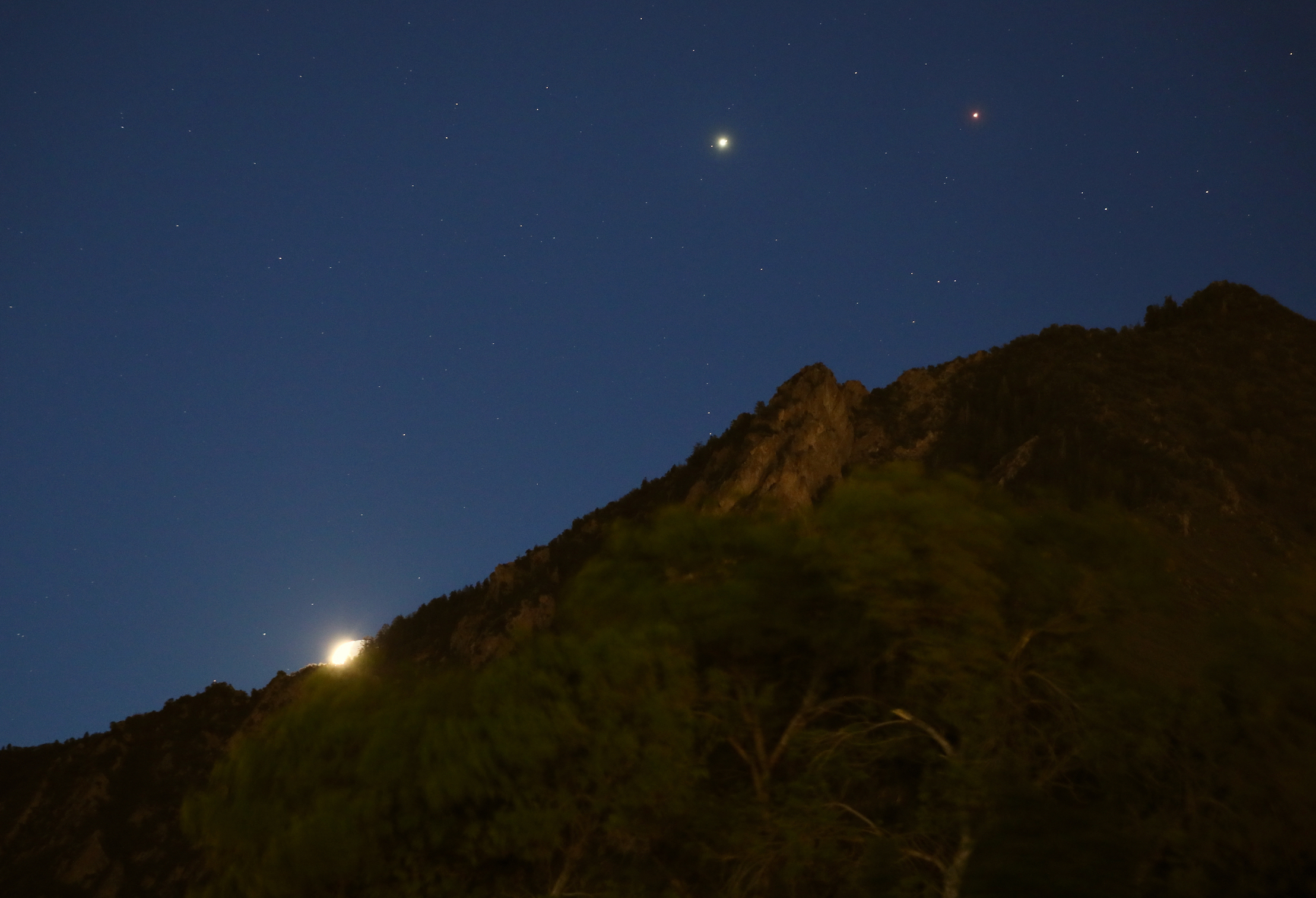
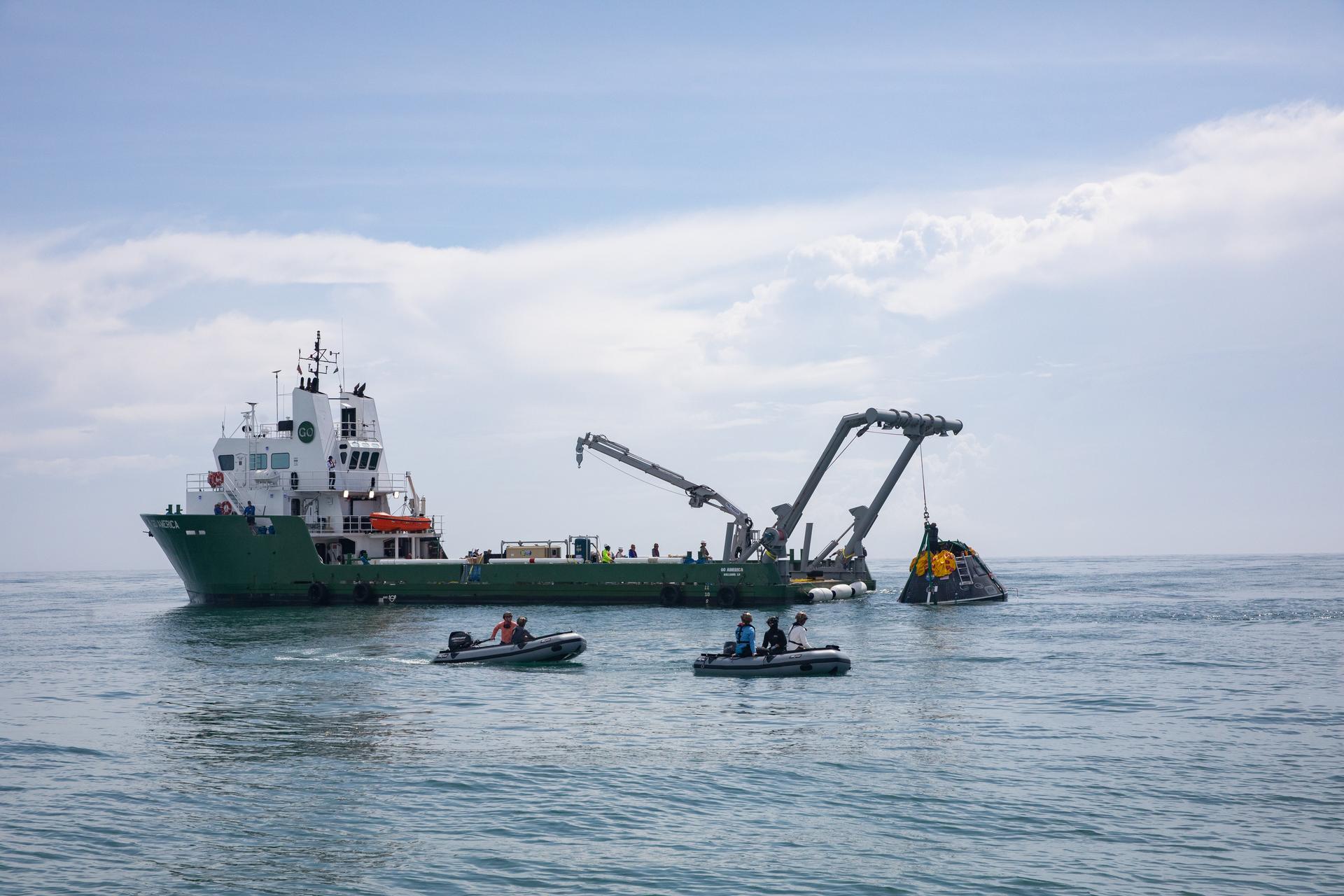
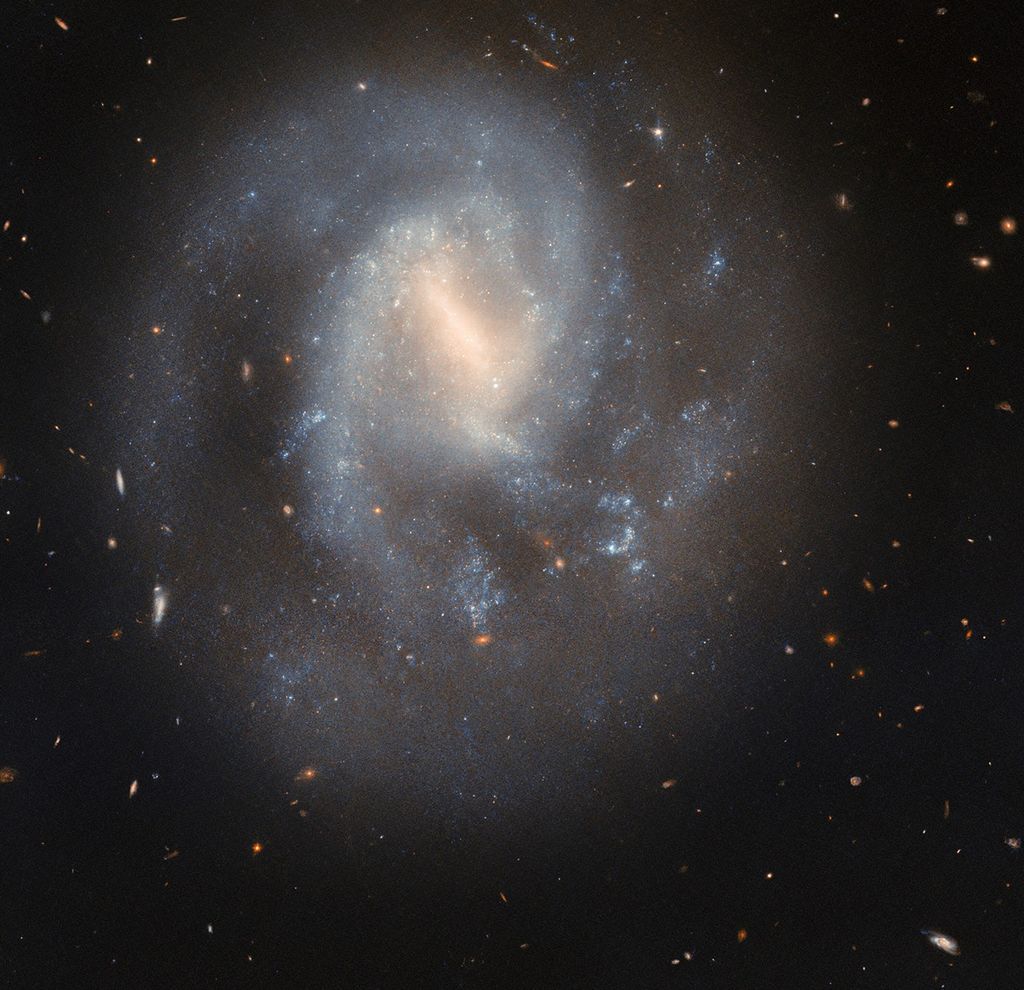
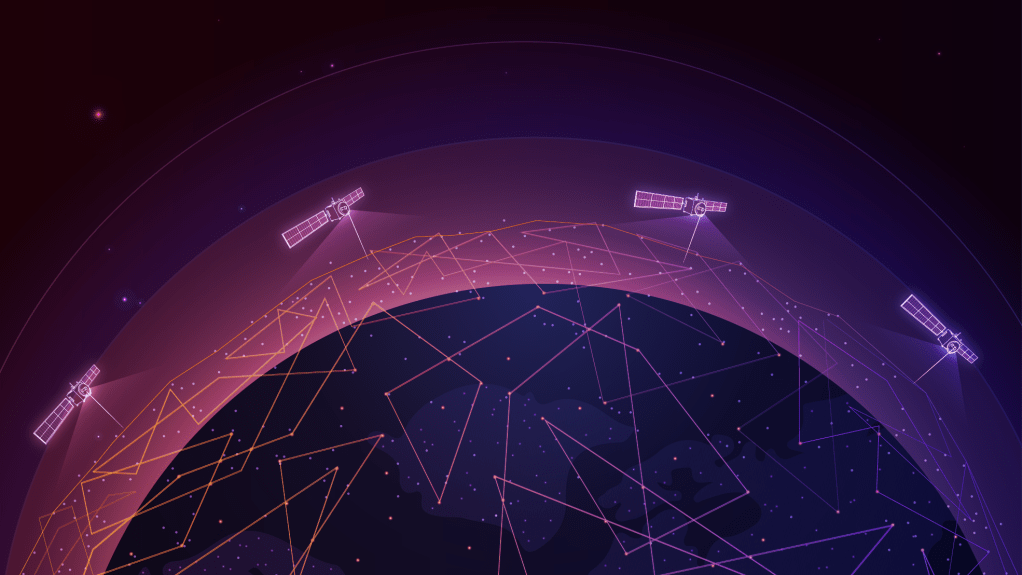

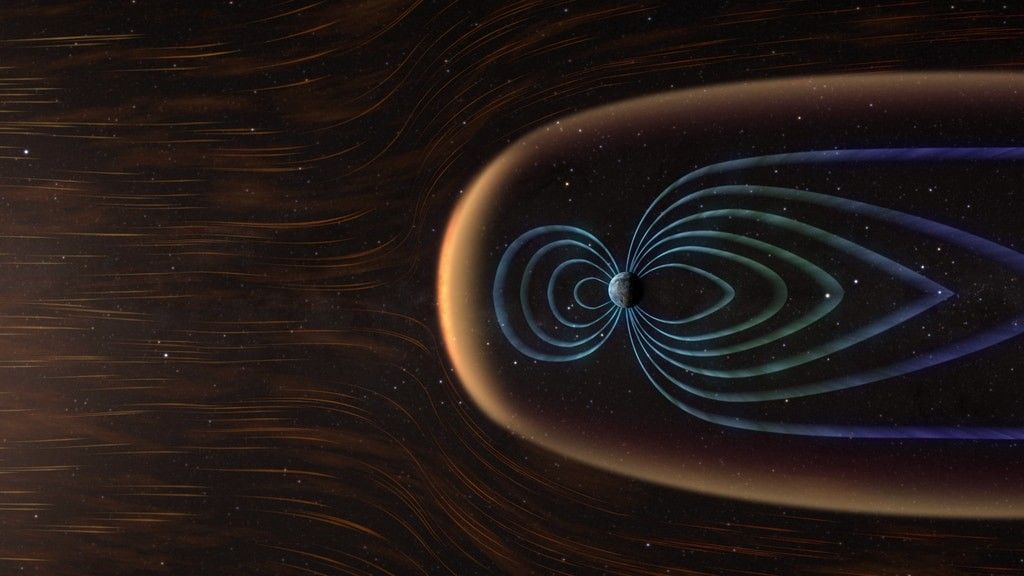
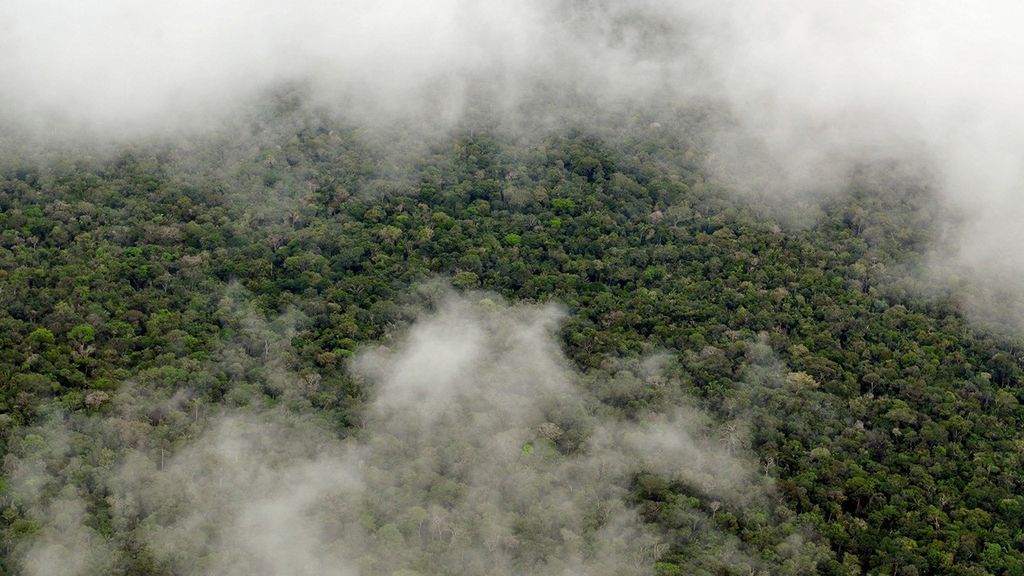

.jpg?w=1024)
